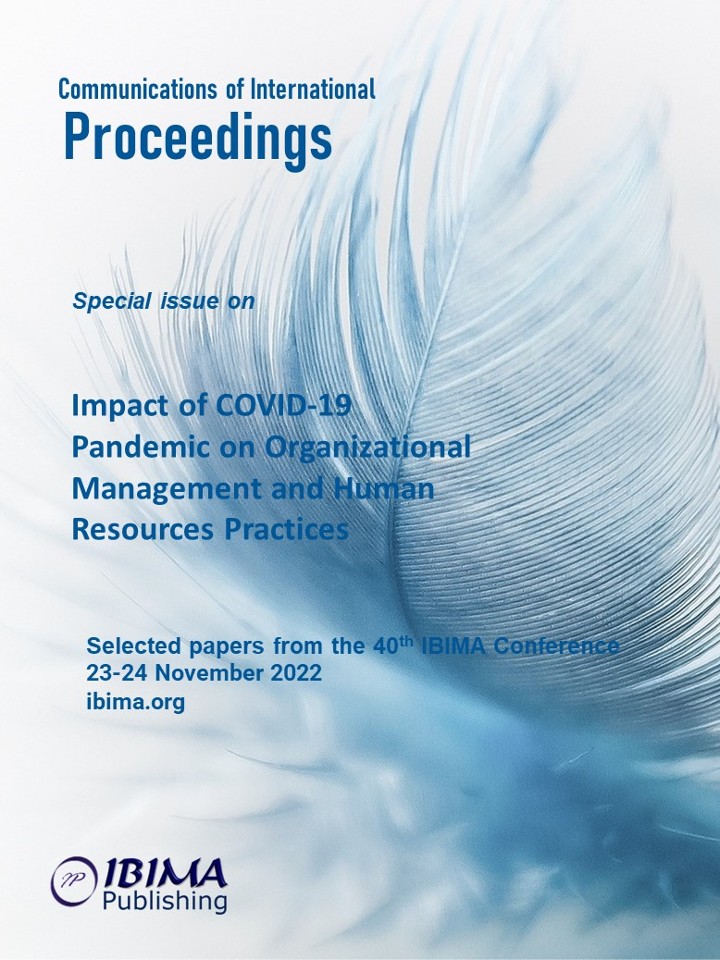
Anna KOCHMAŃSKA
Silesian University of Technology, Poland

Employee motivation is a key element of human resource management strategy. It is incredibly difficult to formulate an effective incentive scheme in an organisation, especially in times of pandemics, where an atmosphere of uncertainty and fear for the immediate future prevails among employees. The aim of the study will be to identify innovative intangible ways of motivating employees, such as organisational culture, leadership style, worfk-life balance concept or trust management. Such factors were identified on the basis of preliminary discussions with employees of diverse companies, who were asked what elements of intangible motivation in the era of the Covid-19 pandemic are the most important to them. Subsequently, the answers were categorised, resulting in intangible motivation methods indicated in the study. These factors are closely related and depend on the management’s style. Executives create and introduce them to the organization. The connecting element is certainly communication, without which the implementation of the various elements would not be successful. It is worth noting that the author points to a non-standard approach to motivating, which deviates from the stereotypical perception of it only in terms of pay. This is due to the changing expectations of today’s employees, who lose their sense of security and faith in being able to meet new challenges during a difficult pandemic. Moreover, the fear of losing a job further strengthens this approach. That is why a positive, supportive approach of management to employees is so important, as is manifested by the precisely isolated elements of intangible motivation. After the Covid-19 pandemic, the author intends to do empirical researches on the frequency of use of these factors in selected companies.